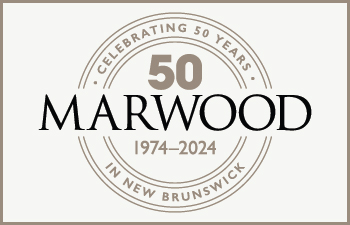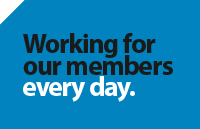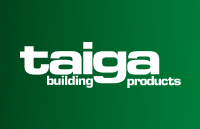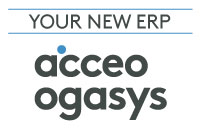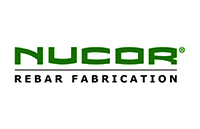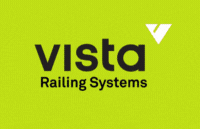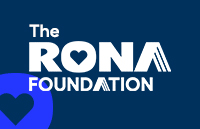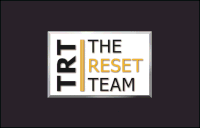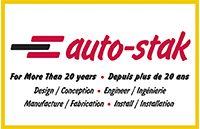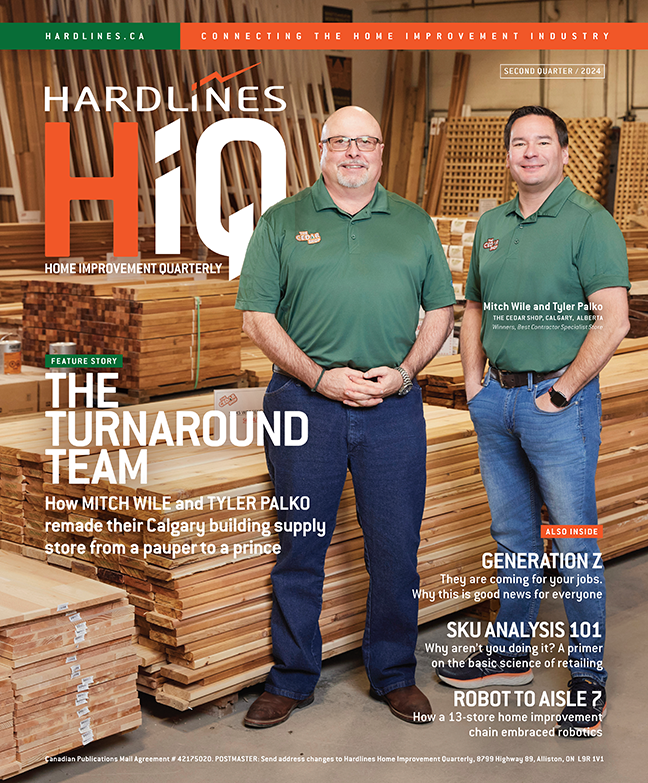 Martina Pileggi is senior director of human resources for the Hillman Group Canada, a fastener producer for the hardware, automotive, plumbing, and electrical markets.
Martina Pileggi is senior director of human resources for the Hillman Group Canada, a fastener producer for the hardware, automotive, plumbing, and electrical markets.
After two years battling the challenges of Covid, Martina Pileggi says she can finally focus on her regular duties. “My shoulders are not up around my ears anymore, because it was a tense time, right? You’re trying to protect your business and keep people safe. And now we’re starting up some fun.”
One thing going on in HR at Hillman Group Canada is managing internal moves and shuffling people around. It’s a concept called upskilling or reskilling: finding new fits for existing team members. “That has absolutely been our focus for the last six months, upskilling, reskilling, and a lot of referrals as immigration doors open, which is a real key for Canada.”
Pileggi stresses the importance of welcoming immigrants. “We closed our doors for two years. That was a major, major hit to the labour market.” As laws have eased, foreign students, international students, and refugees from Ukraine have all been part of the move to add people to the Canadian workforce.
But a company can’t always promise a promotion. Sometimes you can offer a move that might broaden an employee’s work experience and round out their skillset. “You’ve got to be transparent about the career path. We have to get really creative about our career paths here. Even for us, even a company our size, not everybody can be a manager. That is not the reality. We have to be really smart about having cross-functional work and cross-functional projects, where we could say to somebody, ‘Hey, okay, you’re in marketing today, but we’ve got this really cool project happening in purchasing or supply chain. Let’s bring you over here.’ We’ve gotten really good at that.”
Pileggi cites an example of a woman working in a junior position on the shop floor for less than a year who was identified for bigger things. “She’s now working in the pricing team with our CFO.”
But the career potential of that person could easily have gone unidentified. “This is why HR needs to be in-house, especially in an environment like ours, where you have a warehouse or you have manufacturing. You need to be here.”
HR needs to be engaging with staff at all levels. Otherwise, good talent might be overlooked, especially in workers from overseas. “And then you’re saying, ‘Oh, wait a minute, you have a master’s degree from back home. Hold on a second. I have this job over here.’ ”
Finding good fits for people internally is an important trend. “It’s big. Honestly, it’s really big,” Pileggi stresses. “The upskilling and reskilling is so important because I really think it’s becoming HR’s responsibility… And I know it’s on trend. I think it will be HR’s responsibility to make sure that companies and corporate cultures understand that this is important. And it’s important to have your L&D [learning and development] tight, your internal programs tight, and make sure you have your internal recruitment processes tight and transparent and clear.”
The proof is in the pudding, Pileggi says. When these moves start to pay off for a company, management will get behind them more. “I really think this is a transitional thing that HR professionals need to be in the space to understand, because the market’s not going to do it for you anymore.”














